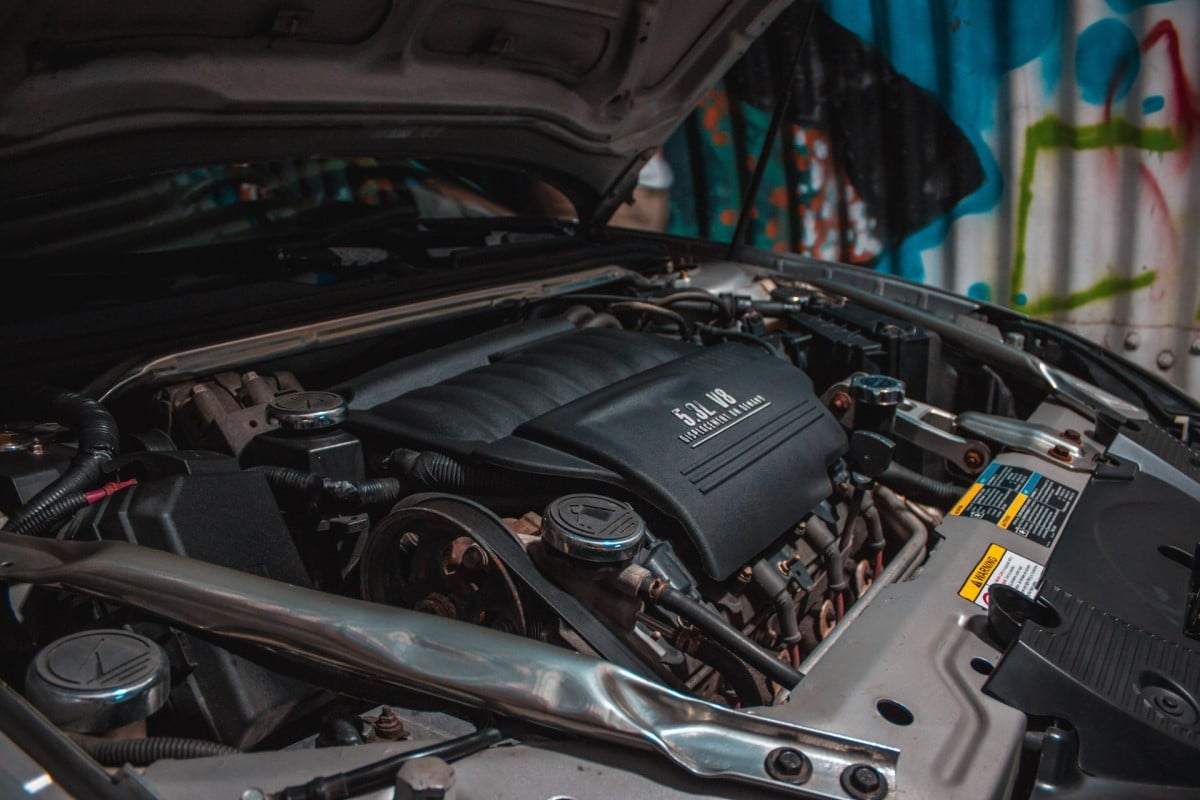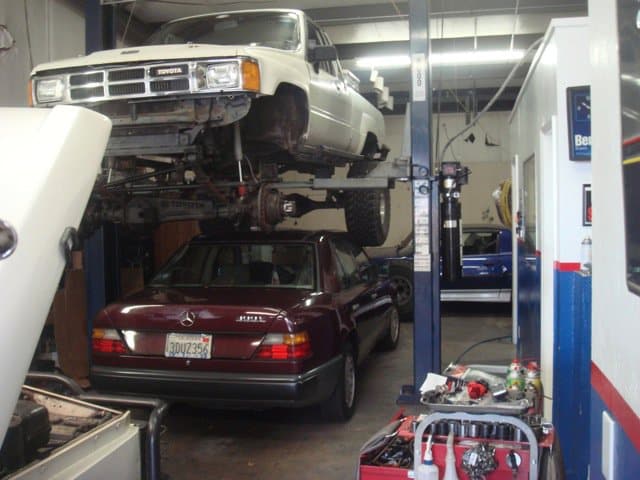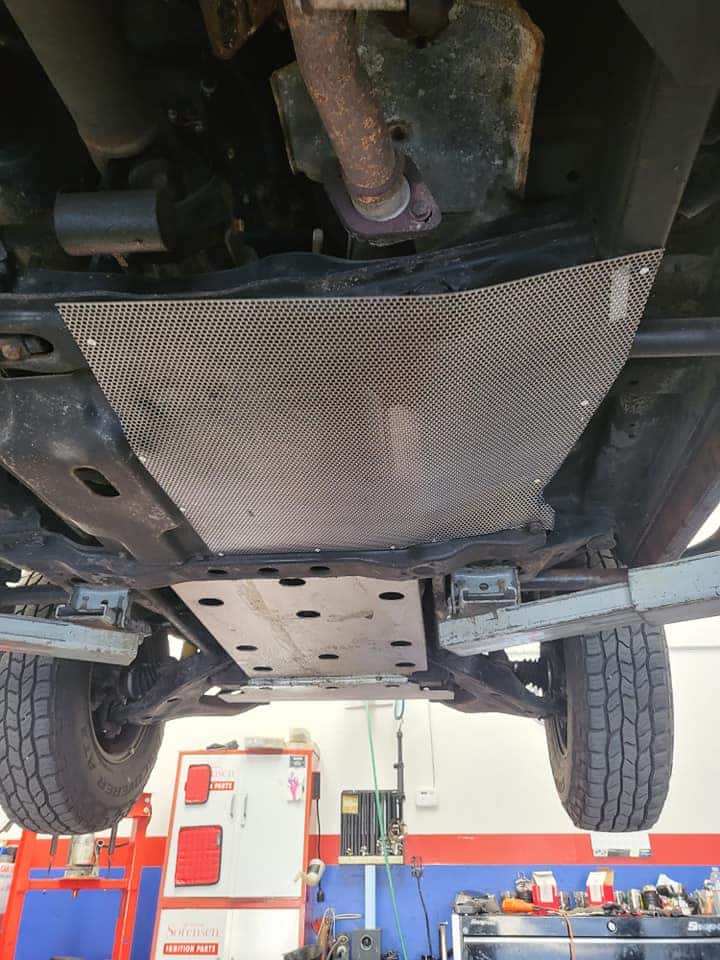Imagine this scenario: you're cruising down Highway 101, the beautiful Sonoma County scenery whizzing by outside your window. Suddenly, your car's check engine light flickers on, obnoxiously bright and demanding your attention. Worse still, you notice that your car's fuel efficiency isn't what it used to be. Have you been pumping gas more frequently? It's a headache, and one that many drivers can relate to. But here's a secret: maximizing your car's fuel efficiency may be as simple as maintaining proper oil change intervals.
The Role of Oil in Your Vehicle
Think of oil as your car's lifeblood. It's responsible for lubricating the parts of your engine, reducing the amount of friction between them. This allows your car to run smoothly and efficiently. However, over time, this oil can become dirty and less effective at providing this crucial lubrication. This is why frequent oil changes are so important; they ensure that your engine is always running at peak efficiency.
How Oil Change Intervals Impact Fuel Efficiency
When your car's oil is fresh and clean, your engine operates at its most efficient level. However, as the oil ages and collects dirt and other impurities, it becomes thicker and less effective. This means that your engine has to work harder to perform the same tasks, consuming more fuel in the process.
Let's illustrate this with an example. Suppose you typically get about 30 miles per gallon on your daily commute. If your oil is old and dirty, this might drop to 28 or even 26 miles per gallon. While this might not seem like a significant decrease, it adds up over time. If you drive around 15,000 miles per year, this could mean an extra 100 to 200 gallons of gas—enough to fill your tank 7 to 14 times!
Proper Oil Change Intervals
Knowing this, it's important to keep up with regular oil changes. The question then becomes, how often should you change your oil? The answer depends on a few factors, including your driving habits, the type of oil you use, and your car's make and model.
A general rule of thumb is to change your oil every 3,000 to 5,000 miles, but many modern cars can go up to 7,500 or even 10,000 miles between oil changes. It's best to consult your car's owner's manual or speak with a professional for advice tailored to your specific situation.
Trust the Professionals
Maintaining your car's oil change intervals requires diligence and a professional touch. We here at Sartorial Auto Repairs, serving Windsor, CA, and the whole of Sonoma County, understand that. Our experienced mechanics are ready to help you maintain your car's health, boosting its fuel efficiency through regular oil changes and other vital services.
So, don't wait until your check engine light flickers on or you notice a significant drop in fuel efficiency. Maximize your vehicle's fuel efficiency today by ensuring regular oil changes. Get in touch with us at Sartorial Auto Repairs to schedule your next oil change service. Let's work together to keep your car running at peak performance and efficiency.












